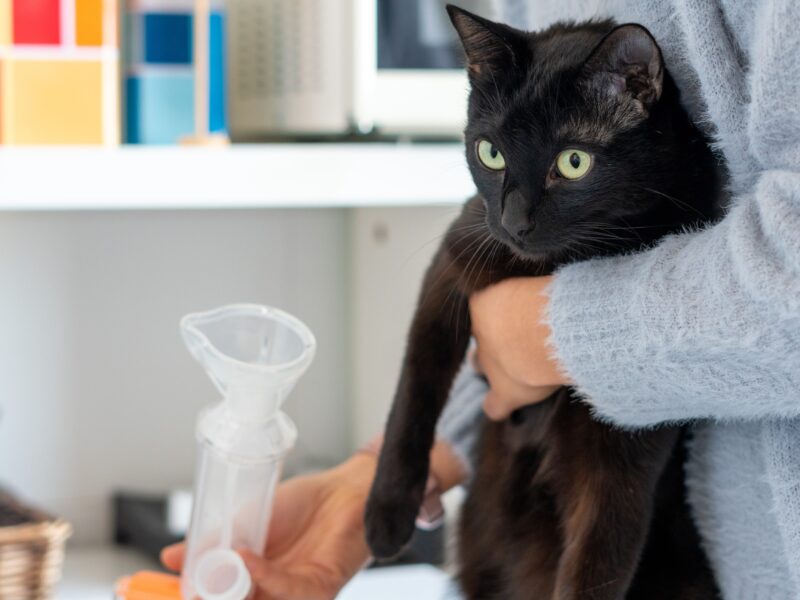
Texas A&M University at Galveston student Savannah Mapes has a rare opportunity that few undergraduate students ever achieve – getting a $5,000 grant from the National Science Foundation to conduct research that she is passionate about.
Mapes, a junior from Midlothian, Texas, majoring in marine biology and working as an undergrad in the Phytoplankton Dynamics Lab where she is researching the effects of oil spills on phytoplankton. Recently, she was awarded an internship through the National Science Foundation’s Research Experience for Undergraduate Students. It is a 10 week-long research experience with housing and travel paid for, and a stipend of $5,000. The internship is with the Mote Marine Laboratory in Sarasota, Fla., and in the Phytoplankton Ecology Lab under the mentorship of Dr. Vincent Lovko. Harmful algal blooms and their consequences are the focus of much of Lovko’s research.
“I decided my research project would be based on investigating a possible biocontrol for the Florida red tide blooms” said Mapes. “I would be studying the effects of a host-specific parasite, Amoebophrya sp., on the Florida red tide.” This parasite is known to inhibit some species of harmful blooms of algae that approach coastal areas where breaking waves can cause the algae’s toxins to become mixed with sea spray. People living in coastal regions can experience irritation of the eye, nose and throat. Those residents with lung disease or asthma are at severe risk of worsening health problems. Part of Mapes’ research this summer was to find out if the parasite, Amoebophrya sp., can actually infect and destroy the harmful algae called Karenia brevis.
Because of her research, Mapes was asked to present her experimental results at the U.S. Harmful Algal Bloom Conference this November in Baltimore, Md.
“At this conference I will be meeting and shaking hands with many researchers with prestigious backgrounds, attending presentations and learning all there is to know about harmful algal blooms and the research being done with it,” said Mapes.
###
Texas A&M University at Galveston is a special-purpose campus of Texas A&M University offering undergraduate and graduate programs under the name and authority of Texas A&M University. With a distinct identity in marine themes, Texas A&M Galveston is intimately connected to the land grant mission of Texas A&M University and, as such, its academic programs and research initiatives are linked to finding basic and applied solutions in maritime affairs, science and technology, and ocean studies. The institution is under the management and control of the Board of Regents of The Texas A&M University System.
Media contact: Bob Wright, Marketing and Communications, Texas A&M University at Galveston. Office: 409-740-4840, Cell: 713-586-9870 Email: WrightB@TAMUG.edu.



